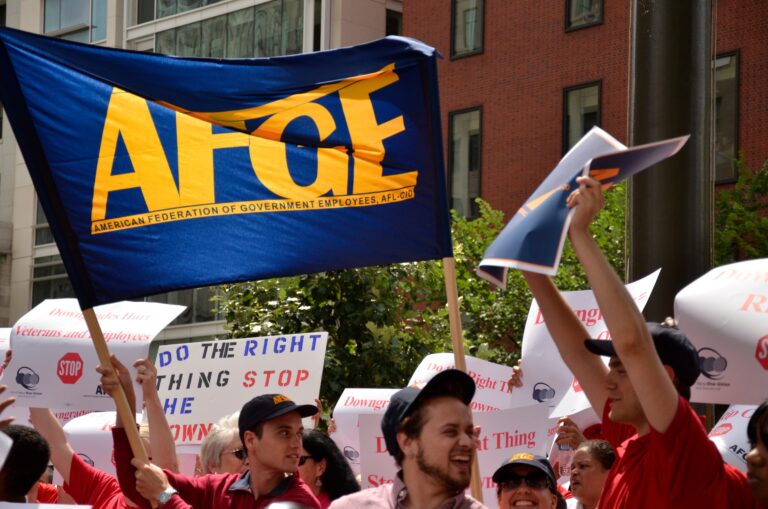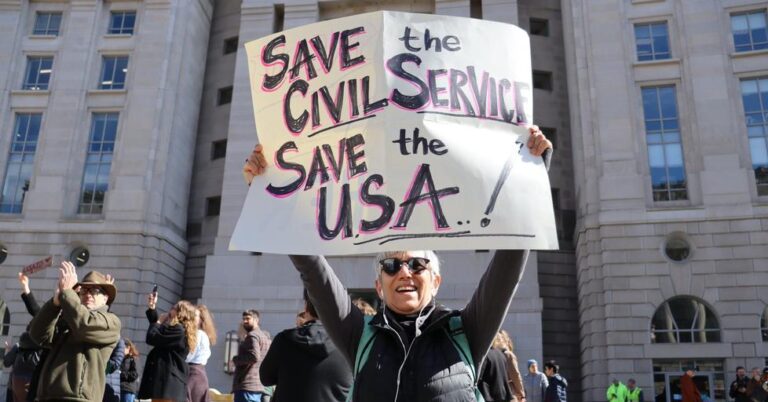Los Angeles has become the latest city to implement a $15 per hour minimum wage, according to the New York Times. In a 14-1 vote, the city council approved a plan to increase the minimum wage from $9 to $15 by 2020. Los Angeles County, moreover, is considering a plan to similarly increase wages in surrounding areas that are not part of the city of Los Angeles. According to the Times, “proponents of the wage increase say they expect that several nearby cities, including Santa Monica, West Hollywood and Pasadena, will also approve higher wages.” The Los Angeles Times has further coverage.
The Washington Post reports that Democrats in Congress are increasingly skeptical about the proposed Trans-Pacific Partnership trade deal. Of particular concern is whether the deal will adequately ensure that participating countries implement higher labor standards for their workers. Taking Vietnam as an example, Democratic Representative Sander Levin told the Post that “[a]t this point, there are no commitments from Vietnam to take any steps” and said that he had “no confidence that it will be done before we vote.” That the deal would include “enforceable improvements in the labor standards of participating countries” has been central to the Obama administration’s arguments in favor of the plan.
In her presidential campaign, Hillary Clinton has thus far remained neutral on the Trans-Pacific Partnership, although she was “a one-time booster of the pact,” according to the Wall Street Journal. Despite this, she continues to enjoy the strong support of labor unions, who have been staunch opponents of the trade deal but who “don’t appear eager to bloody the Democrats’ front-runner for the nomination.”
In further international news, the Associated Press reports on the lack of labor rights for refugees fleeing the conflict in Syria. Many of these refugees work in Jordan and Lebanon, “usually for far less than what local residents would accept, driving down wages across the board for unskilled labor.” The humanitarian crisis has been further exacerbated by cuts to U.N. aid programs.






Daily News & Commentary
Start your day with our roundup of the latest labor developments. See all
December 4
Unionized journalists win arbitration concerning AI, Starbucks challenges two NLRB rulings in the Fifth Circuit, and Philadelphia transit workers resume contract negotiations.
December 3
The Trump administration seeks to appeal a federal judge’s order that protects the CBAs of employees within the federal workforce; the U.S. Department of Labor launches an initiative to investigate violations of the H-1B visa program; and a union files a petition to form a bargaining unit for employees at the Met.
December 2
Fourth Circuit rejects broad reading of NLRA’s managerial exception; OPM cancels reduced tuition program for federal employees; Starbucks will pay $39 million for violating New York City’s Fair Workweek law; Mamdani and Sanders join striking baristas outside a Brooklyn Starbucks.
December 1
California farmworkers defend state labor law, cities consider requiring companies to hire delivery drivers, Supreme Court takes FAA last-mile drivers case.
November 30
In today’s news and commentary, the MSPB issues its first precedential ruling since regaining a quorum; Amazon workers lead strikes and demonstrations in multiple countries; and Starbucks workers expand their indefinite strike to additional locations. Last week, the Merit Systems Protection Board (MSPB) released its first precedential decision in eight months. The MSPB had been […]
November 28
Lawsuit against EEOC for failure to investigate disparate-impact claims dismissed; DHS to end TPS for Haiti; Appeal of Cemex decision in Ninth Circuit may soon resume